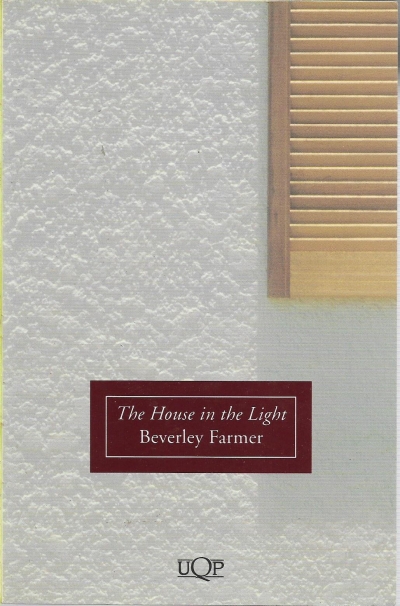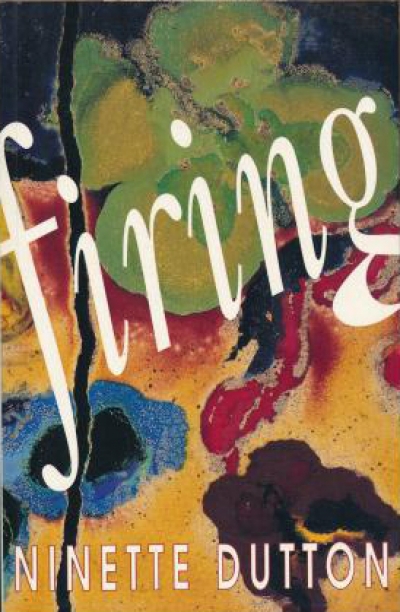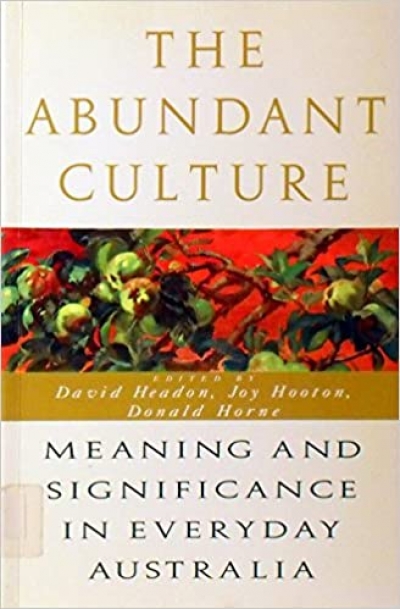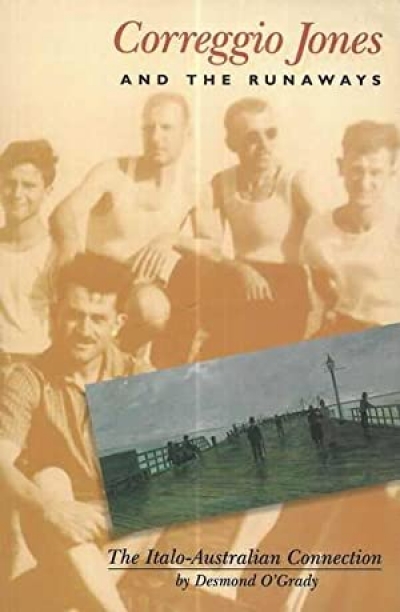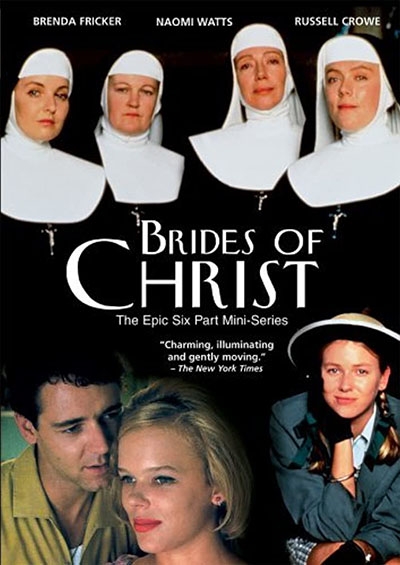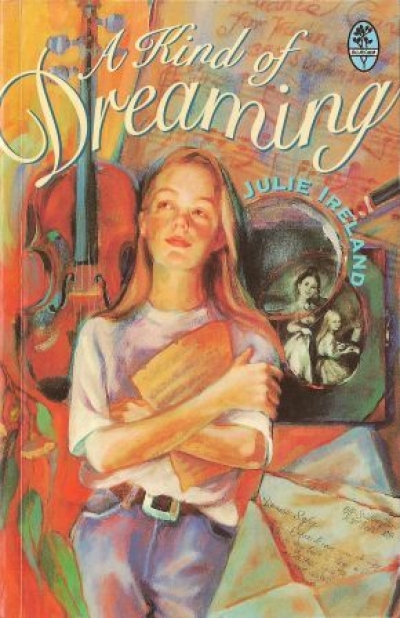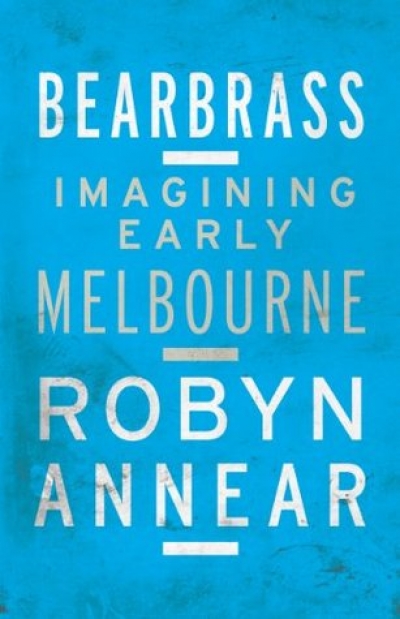Archive
I remember hearing about the first Somerset Celebration of Literature when I was in Europe last year. The letters and postcards arrived: imagine a private college paying for Peter Carey to fly out first-class from New York to attend a literary event. Everyone was fixated on the details: limousines for authors; personal minders taking care of presenters; an army of volunteers looking after every detail.
... (read more)Dear Editor,
Congratulations to Fiona Capp for her excellent essay in the Feb/March ABR on journalism and fiction. Parts of it have etched themselves in my memory. It’s great to see work that is not only well written and structured but is also about something that matters.
It’s a pity that ‘Microstories’ is no more. It’s been a showcase of fresh names and approaches, one not offered elsewhere. ‘That Was Jeff’ by Michael McGirr, for example, stands out as an example of tight, powerful fiction. We can find previews of longer pieces by established writers in other journals but if we must have them, why not continue microstories in every second issue?
... (read more)The Abundant Culture, Meaning and Significance in Everyday Australia edited by David Headon, Joy Hooton, and Donald Horne
Correggio Jones and the Runaways: The Italo-Australian connection by Desmond O’Grady
In an interview in this issue about his new novel, The Sitters, which is about a portrait painter, Alex Miller suggests the novel is almost
a continuous monologue. almost something he shouted to himself while he was working. The Sitters is this kind of shouted monologue: this man shouting at himself, to himself, listening while he is painting, listening to the sounds of himself painting.
... (read more)
